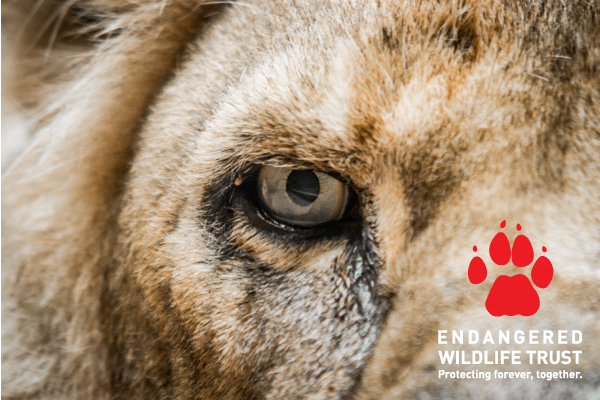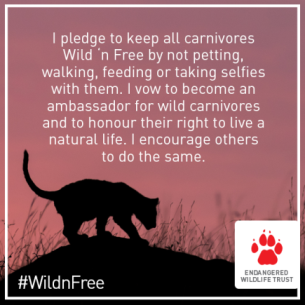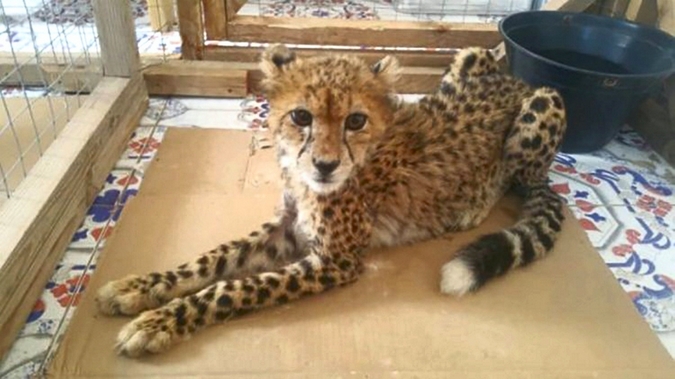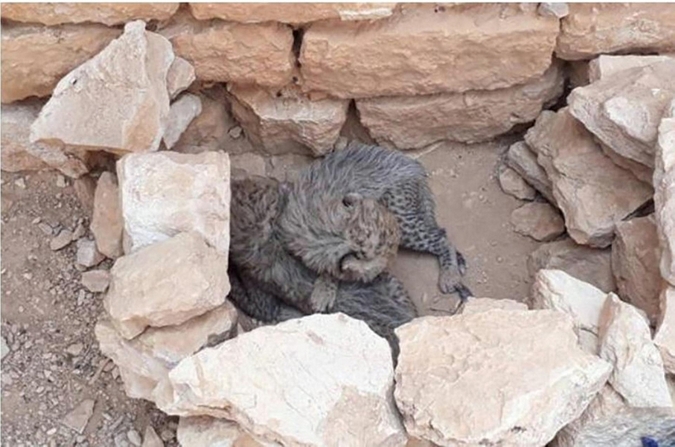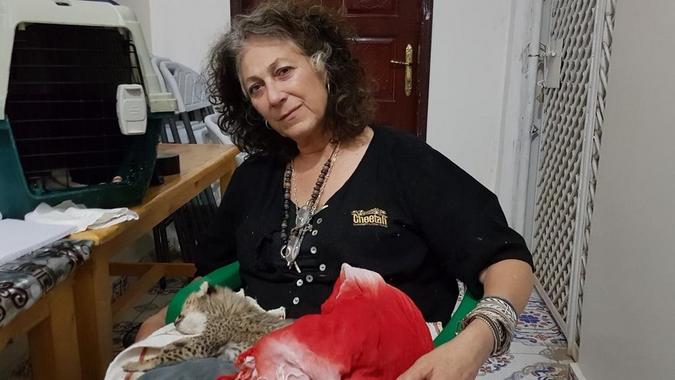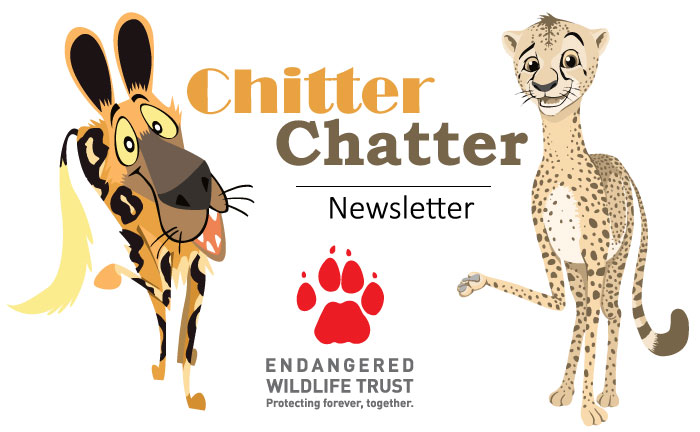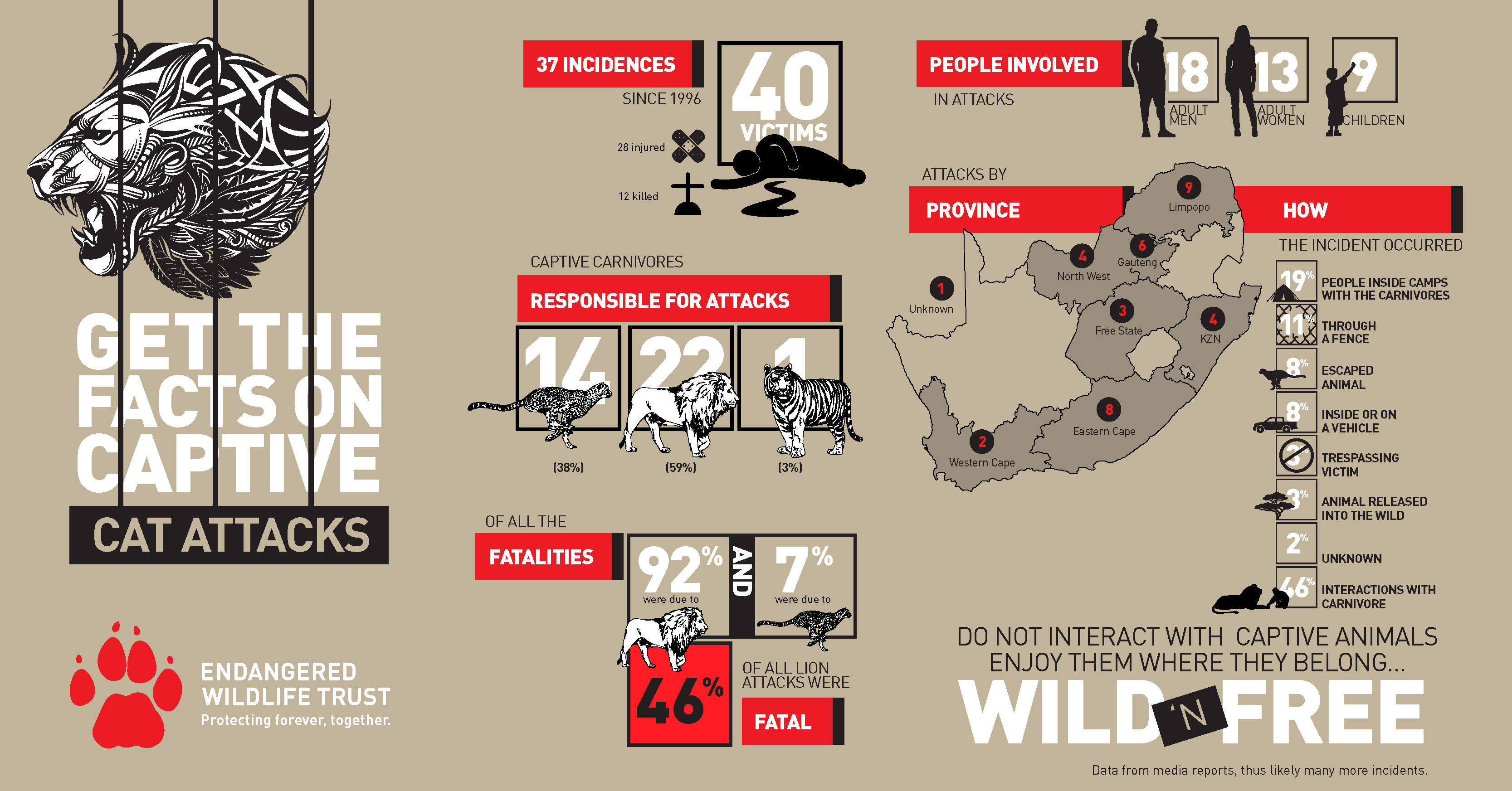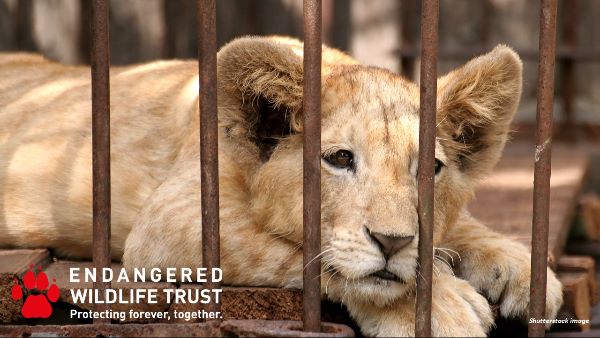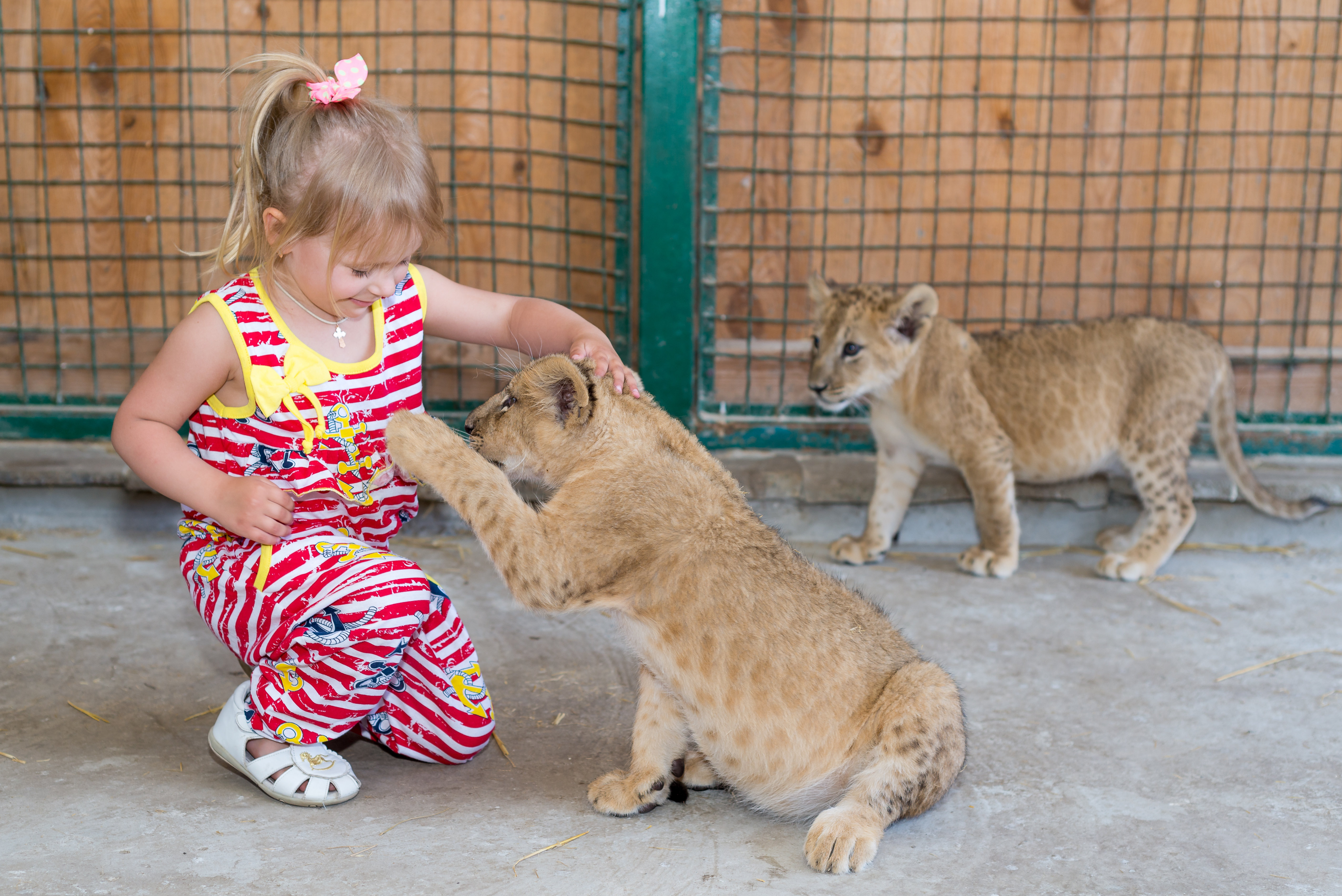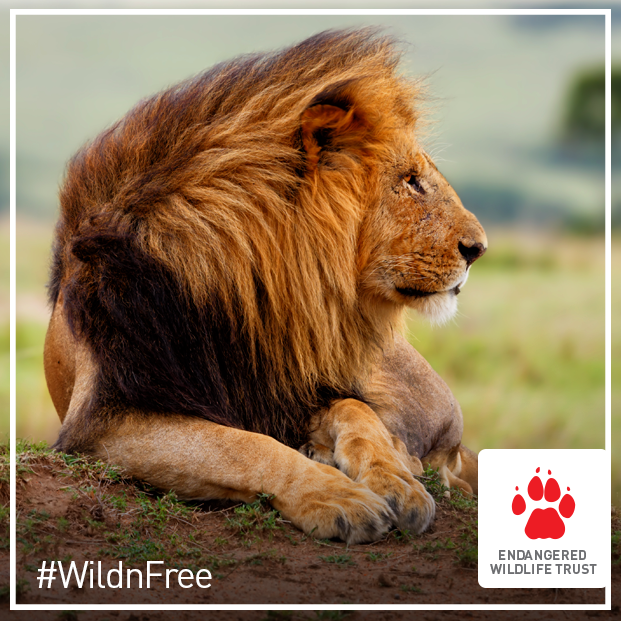 8 August 2018
8 August 2018
n the build up to World Lion Day on 10 August, the Endangered Wildlife Trust (EWT), a champion of conservation in Africa, has launched an exciting new project, entitled Wild ‘n Free. Through this initiative, the EWT is calling on all South Africans to be the voice for the voiceless and join the fight against keeping carnivores in captivity for petting, walking-with, photo-tourism, captive hunting and the trade in their body parts. Members of the public unwittingly play an enormous role in an industry that thrives off keeping carnivores like Lions, Cheetah, Leopards and African Wild Dogs behind bars, often for nefarious reasons. Local artists WONDERboom, who were recently announced as the opening act for Guns N’ Roses’ South African tour, are among the first to show their support for this campaign, and are calling on others to do the same. If you stop the visits, you stop the exploitation.
In recent years, South Africa has seen a rapid increase in so-called predator or wildlife parks, which are most often part of the industrial scale production of carnivores for commercial purposes. This is particularly prominent for Lions and Cheetahs. Wild ‘n Free aims to keep carnivores where they belong – in the wild – by promoting the value and role of wild carnivores in natural free-living conditions.
A Wild ‘n Free environment is one in which large carnivores are not reliant on humans for their daily needs, are free to use open space and hunt prey naturally, and can carry out natural social behaviours like mating, holding territories and interacting with competitors. This ensures that they are functional components of a natural system. By keeping our carnivores Wild ‘n Free, we are also conserving larger tracts of land and hundreds of other species of plants and animals, keeping food webs intact. Wild carnivores are the icons of Africa, and attract millions of tourists and their foreign revenue and associated benefits to our country every year. South Africa is the only country in Africa that has a thriving industry of commercial carnivore production, which has tainted our image as a global conservation leader and ecotourism destination. There is no conservation value to be derived from this industry and it is up to all South Africans and visitors to our beautiful country to instead, stand up for our Wild ‘n Free natural heritage.
We’re calling on everyone to take the Wild ‘n Free pledge: “I pledge to keep all carnivores Wild ‘n Free by not petting, walking, feeding or taking selfies with them. I vow to become an ambassador for wild carnivores and to honour their right to live a natural life. I encourage others to do the same.” Pledge cards can be downloaded and shared to social media to show support for this campaign.As WONDERboom’s lead singer, Cito, explains, “The more we find out the truth behind these commercial wildlife parks and canned hunting facilities, the more we should stand together, in solidarity, and boycott them. Any international visitor will tell you how blessed South Africa is to have the wildlife we have, in its natural habitat. I pledge to not support any of these facilities and I publicly condemn such businesses. We have the choice and power to make a difference in SA's wildlife welfare.”
The project is focusing on three key themes:
Wild ‘n Free Space
This theme addresses the need for carnivores to have safe space to meet their biological needs. Under this theme, we actively find new space for wild carnivores through reintroduction projects that directly improve their conservation status. As a result of these interventions, there are currently 351 more Cheetahs on 1.15 million ha of Wild ‘n Free space and 227 more Wild Dogs on 584,000 ha of Wild ‘n Free space in South Africa. These reintroductions are expanding to other countries like Malawi and Mozambique, ensuring that Wild ‘n Free space is not confined by political or geographic boundaries.
We also work with farmers to implement ways in which livestock production can be done in harmony with carnivores, for example by providing livestock guarding dogs that protect livestock from predation, removing the need for the farmer to shoot carnivores. We have 197 livestock guarding dogs actively guarding livestock and making 500,000 ha of farmland safe and Wild ‘n Free for carnivores. This also makes farming more profitable and ecologically sustainable.
Wild ‘n Free Animals
This theme addresses the need for carnivores to be valued (both aesthetically and financially) in the wild, not in cages. Under this theme, we promote the need for carnivores to be Wild ‘n Free, and are working with the tourism industry to ensure that Wild ‘n Free destinations and activities are promoted. We are very proud of the Waterberg Wild Dog Tourism Project that generates tourism revenue for landowners who live in harmony with Wild Dogs in Limpopo. Find out more about this ground-breaking project and see the pups at the den at
www.waterbergwilddogs.com.
Wild ‘n Free Legislation
This theme addresses the need for legislation that promotes wild carnivores and effectively regulates and ensures compliance of captive facilities. Under this theme, we drive legislative reform and promote compliance to current legislation. We contribute to and drive processes to guide effective legislation to regulate captive carnivores more effectively and promote Wild ‘n Free. We are leading discussions to review what is considered sustainable use in light of captive breeding of Lions for the parts.
Dr Kelly Marnewick, Senior Trade Officer and lead on this project, says: “This project will be a success when carnivores are valued by society in a Wild ‘n Free environment, with no commercial demand for captive animals or their body parts. Wild carnivores play an integral role in nature, where they contribute to conservation and are not vulnerable to exploitation. They do not belong behind bars.”
Read the EWT’s full perspective on captive carnivores
here.